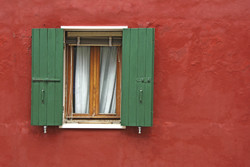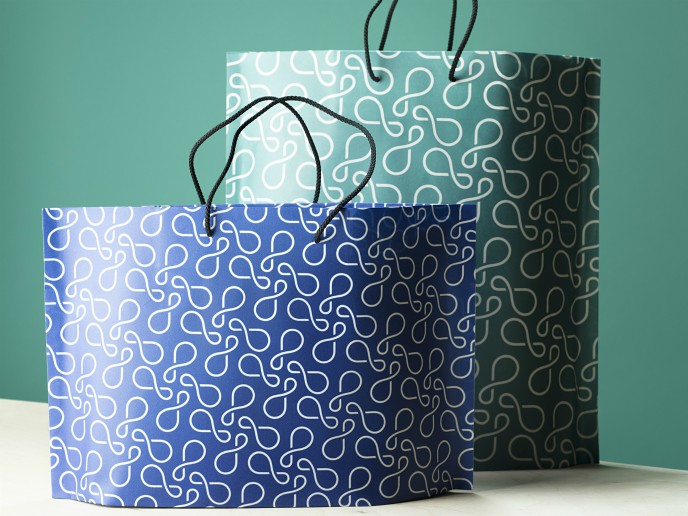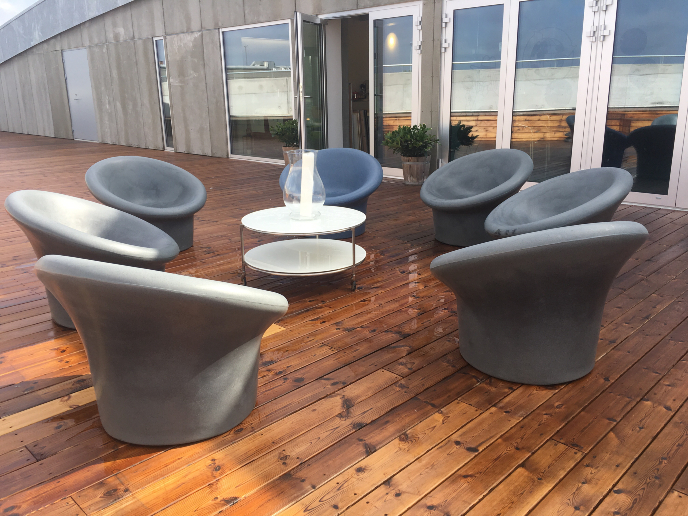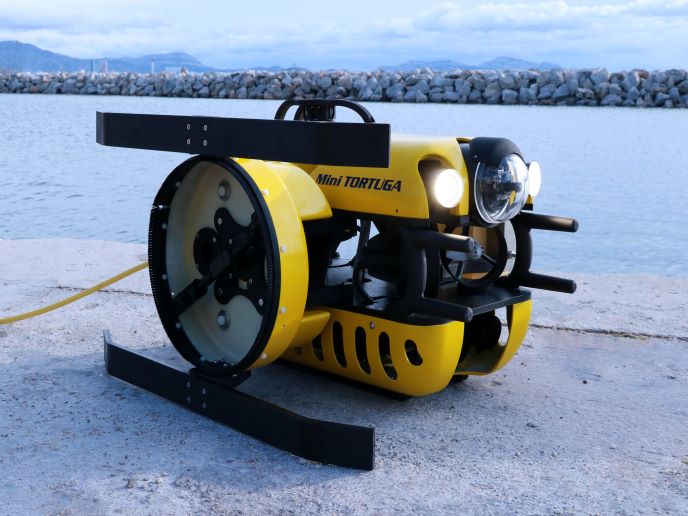Longer lives for outdoor wood products
Wood is a renewable resource with a high strength - to - weight ratio and it can be produced in vast quantities. Scientists developed advanced eco-friendly water-based materials to enhance the service life of wood products with EU support of the project WOODLIFE . The team engineered transparent coating systems and wood adhesives to improve ultraviolet protection and mechanical properties, respectively. The formulations exploited molecular manufacturing of inorganic nanoparticles, nanoclays and composite organic - inorganic binders. Scientist designed the nanoparticles for absorption in the ultraviolet range, homogeneous dispersion in water-based formulations and transparency in visible light.Coatings were created with outdoor wood panels and window frames in mind. Oxide nanoparticles incorporated directly into the coatings or encapsulated in acrylic latex binders showed promising performance in field tests. Polyvinyl acetate is a rubbery synthetic polymer which, as a water-based emulsion, is the most commonly used wood adhesive on the market. Scientists modified the formulation with colloidal silica and nanoclays to enhance durability when used for load-bearing beams. The systems passed important standardised tests of performance at elevated temperatures and demonstrated improved heat and moisture resistance. Sustainability assessments demonstrated that both the coated wooden window frames and the wooden beams offer important environmental benefits compared to conventional systems. The coatings have a very low formaldehyde content and use of wood as a substitute for other building materials reduces carbon dioxide emissions significantly. Project outcomes have led to two patent applications. WOODLIFE coated wood panels have a predicted service life that is two to five times longer than that of reference systems. Aside from commercialisation of the final products, production of water-borne and solvent-borne nanoparticles that can be used in ultraviolet protection has numerous potential opportunities. Marketing to the cosmetics, pharmaceuticals and plastics sectors could enhance the market position of partner companies. WOODLIFE outcomes are thus expected to have important benefits for partner companies, global environmental health and the economic well-being of the wood-working, coating and adhesive industries.
Keywords
Wood, coating, adhesives, water-based, transparent, ultraviolet, nanoparticles, nanoclays, polyvinyl acetate, silica, sustainability, formaldehyde, carbon dioxide







